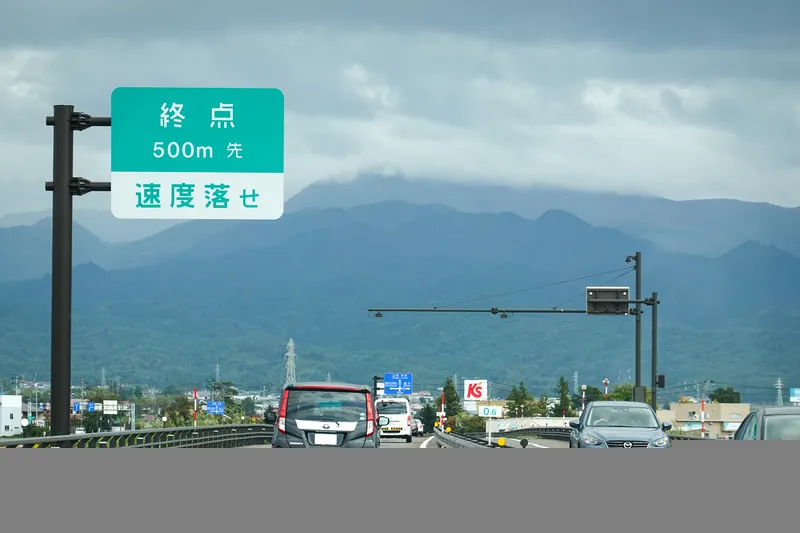Japanese motorway traffic systems supplier, NEC Corporation is providing the Central Nippon Expressway Company (NEXCO Central) with traffic control systems for the recently-opened Shin-Tomei Expressway. Installed at NEXCO Central's Tokyo control centre, the system provides real time traffic information by rapidly processing large volumes of data collected from roadway sensors at approximately one minute intervals, roughly five times the frequency processed by existing systems. IP networks efficiently trans
September 21, 2012
Read time: 1 min
Japanese motorway traffic systems supplier, 1068 NEC Corporation is providing the Central Nippon Expressway Company (6591 NEXCO Central) with traffic control systems for the recently-opened Shin-Tomei Expressway.
Installed at NEXCO Central's Tokyo control centre, the system provides real time traffic information by rapidly processing large volumes of data collected from roadway sensors at approximately one minute intervals, roughly five times the frequency processed by existing systems. IP networks efficiently transmit information from roadway sensors to the control centre, where traffic conditions can be monitored using large scale screens. The system is integrated with the Tomei Expressway and Chuo Expressway systems, which enables effective responses to large scale emergencies.
Installed at NEXCO Central's Tokyo control centre, the system provides real time traffic information by rapidly processing large volumes of data collected from roadway sensors at approximately one minute intervals, roughly five times the frequency processed by existing systems. IP networks efficiently transmit information from roadway sensors to the control centre, where traffic conditions can be monitored using large scale screens. The system is integrated with the Tomei Expressway and Chuo Expressway systems, which enables effective responses to large scale emergencies.










